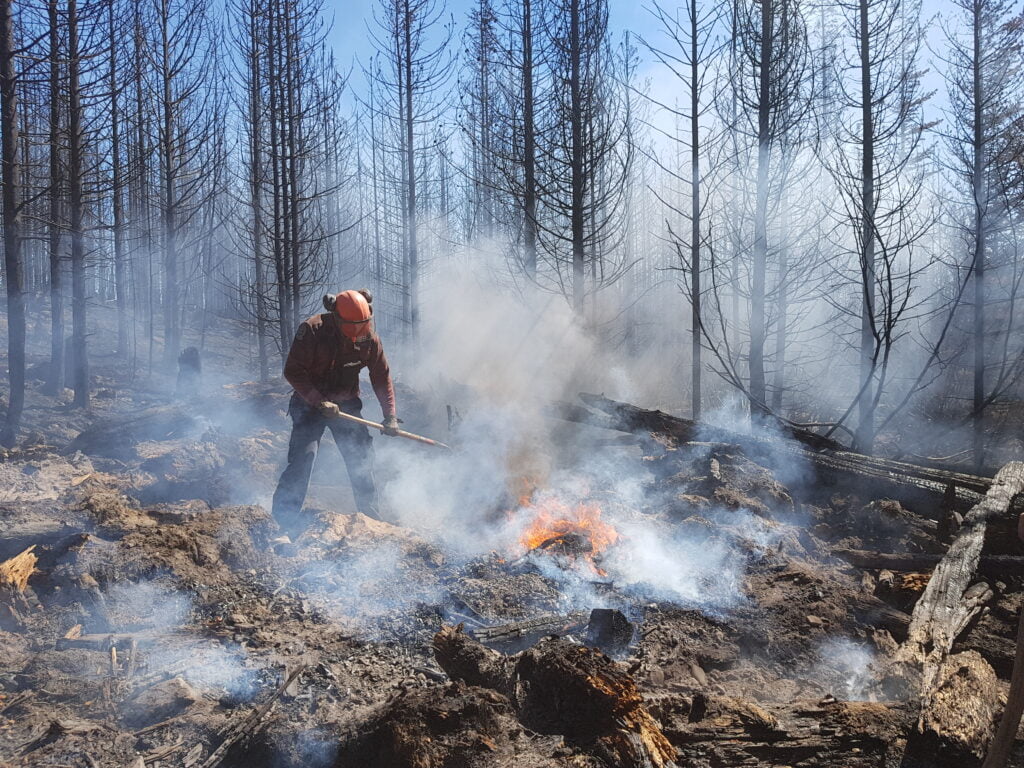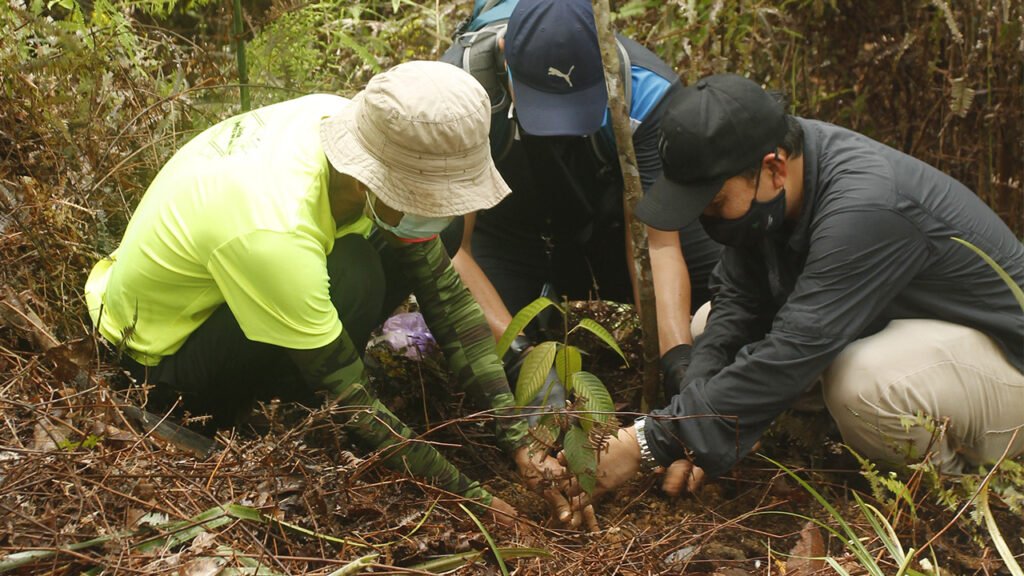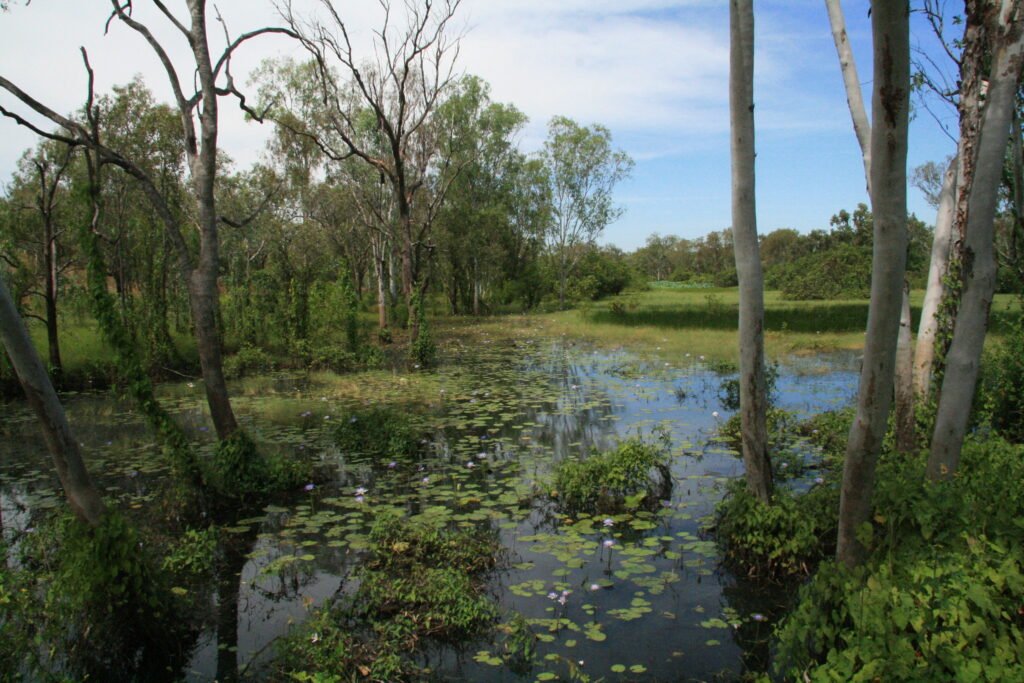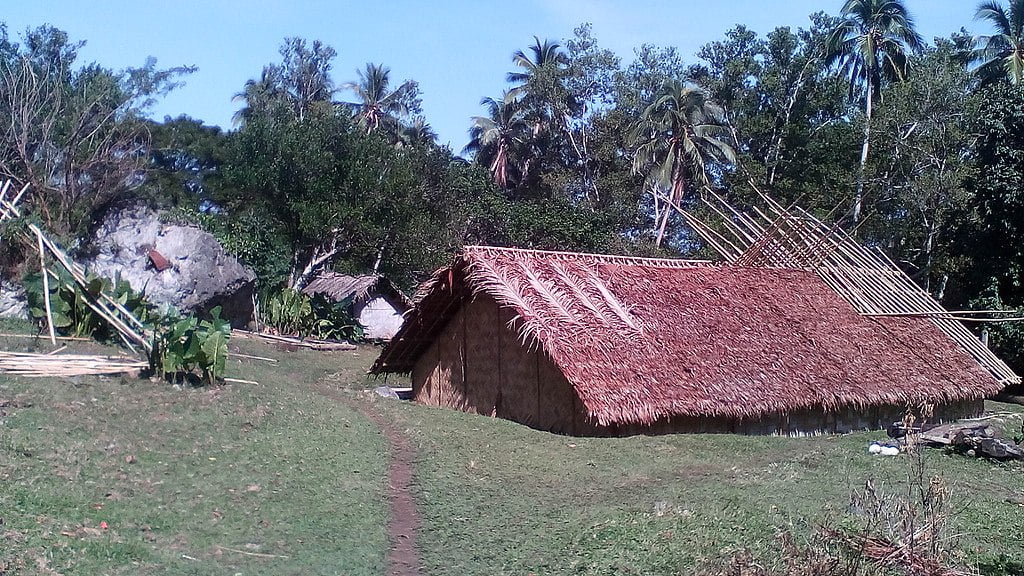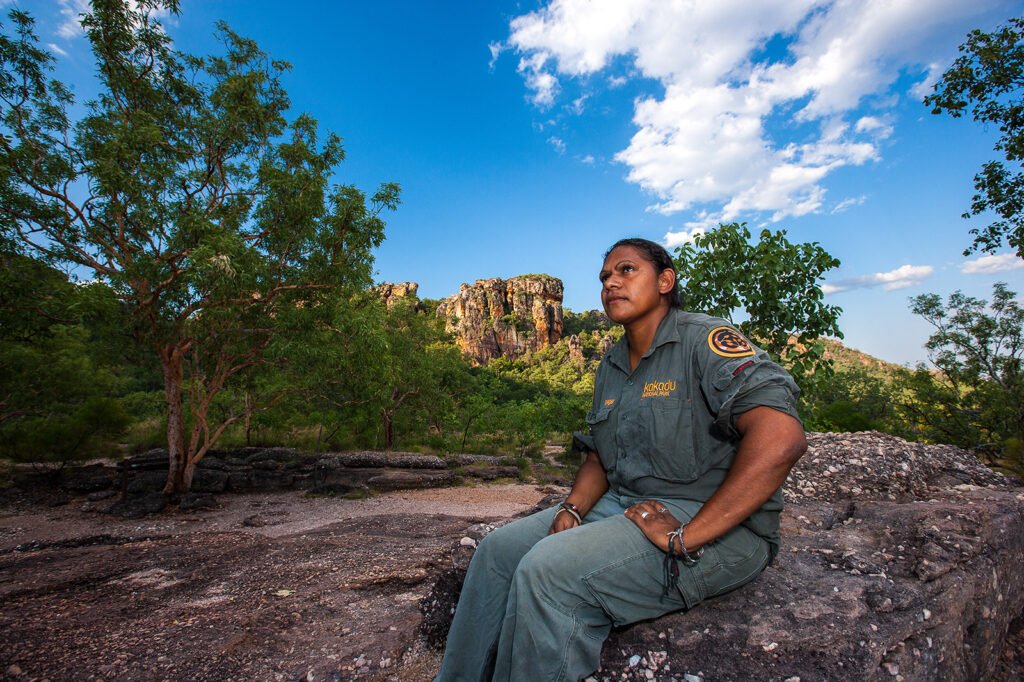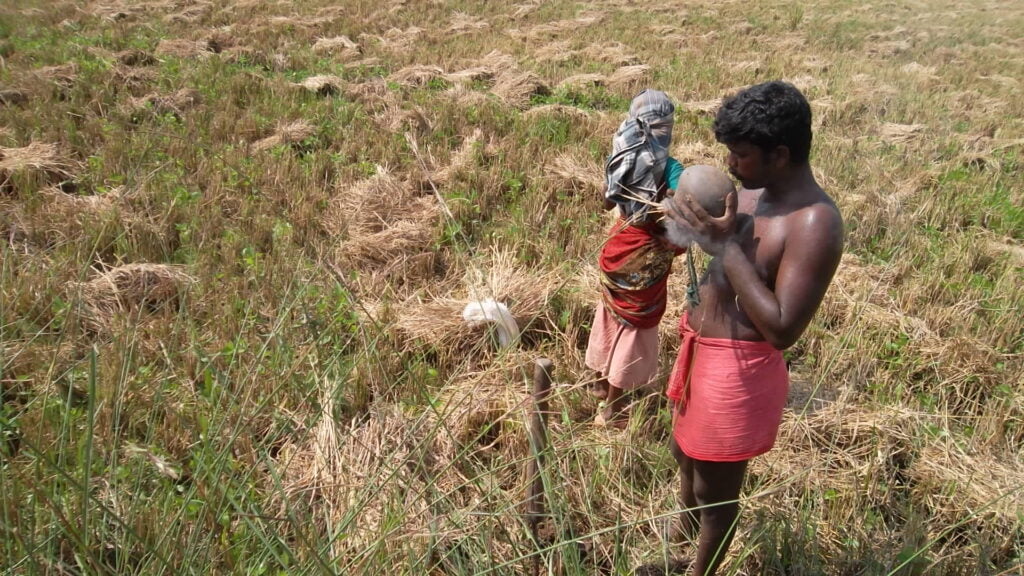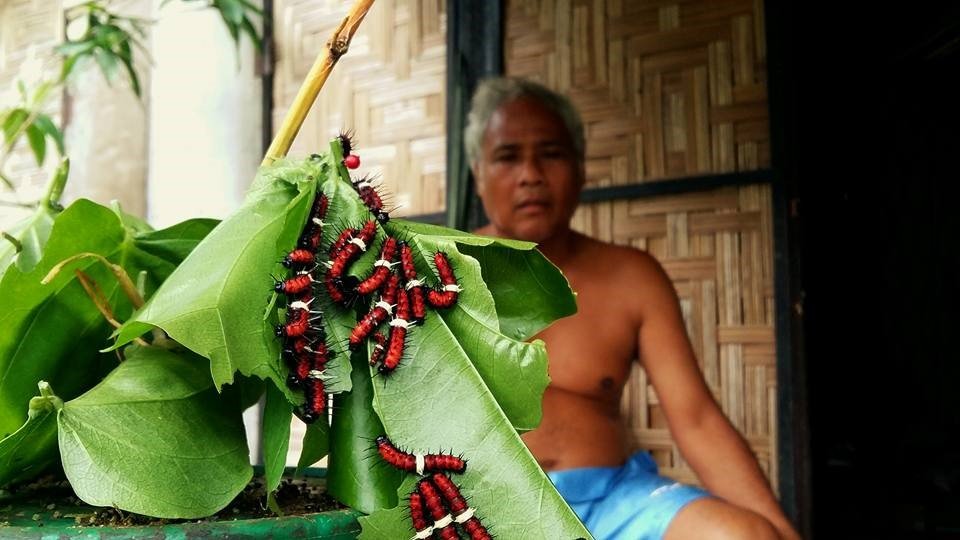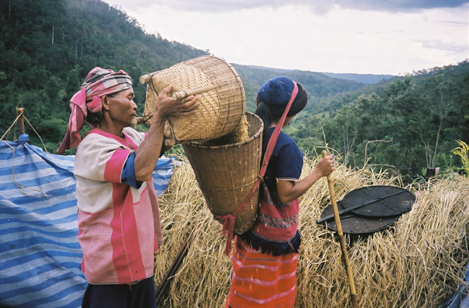Old tribal law can protect sealife at risk from climate change
A Moluccan tribal tradition helps protect marine resources under threat from climate change
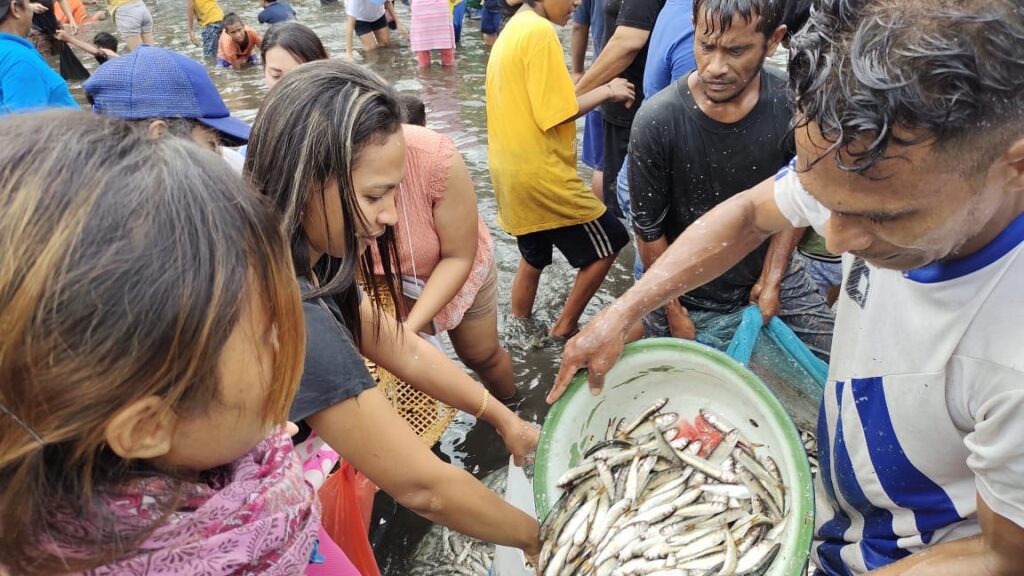 Sasi Laut is a Maluku tradition that can help maintain food security in times when stock is at risk because of changes to ocean temperatures : Yanti Amelia Lewerissa/Supplied CC4.0
Sasi Laut is a Maluku tradition that can help maintain food security in times when stock is at risk because of changes to ocean temperatures : Yanti Amelia Lewerissa/Supplied CC4.0
A Moluccan tribal tradition helps protect marine resources under threat from climate change
Fishing is central to the people of Indonesia’s Maluku archipelago. Daily life on the 1340 islands revolves around the sea. As a result, their livelihoods are extremely vulnerable to climate change.
At a time when Indonesia’s fish stocks are declining, Sasi Laut is a Maluku tradition that can help maintain food security in times when stock is at risk. Changes to ocean temperatures are affecting coral reefs, breeding cycles, migration and overall populations. Fishers are finding it harder to determine the best time to head out to sea as weather patterns become more unpredictable and extreme.
Sasi Laut aims to protect and preserve natural resources and the environment. It is also a means of dealing with illegal, unreported and unregulated fishing.
Sasi prohibits community members from taking anything related to natural resources, for a certain time, at a certain area, whether in forests, farmland or the sea. Sasi are imposed to preserve natural resources tribe and welfare of tribe members.
The Maluku island community, especially in the Central Maluku region, has a customary institution called kewang who acts as customary (tribal) police and is responsible for the implementation of sasi. A kewang’s duties include watching over their territory both at sea and on land.
In the customary leadership structure, the kewang is led by a chief, called Latu Kewano who is chosen from a certain mataruma (kinship) from generation to generation. The chief is assisted by the children of kewang. They must be diligent, honest, smart, healthy, brave and bold.
Kewang cannot be separated from the implementation of sasi. The kewang carries out their duties for the sake of upholding the sasi law and public order in managing farms, forests and sea. They watch over the forest and the sea, put up sasi signs, and ask for moul (a ceremony held by chief kewang for both Open and Close Sasi) at night. Anak Kewang serve as officers who manage any trials for those accused of violating sasi. The Kewang is also in charge of taking care of income resulting from sasi violations.
A well-known example of Sasi Laut is Sasi Ikan Lompa (Thryssa baelama), a small sardine fished by the Haruku tribe. The Sasi lompa tradition has existed since the 1600s. It forbids catching lompa fish around the Learisa Kayeli river — in the estuary, for a certain distance upstream and out to sea. Lompa hatchlings are usually seen from April to May. To allow the hatchlings to mature, sasi lompa is declared. Catching sasi lompa when they are only 2-3 months old is forbidden. After about 5-7 months, they are allowed to be caught. The kewang routinely monitors the sasi lompa and then decides when to perform Buka Sasi (open sasi).
The Tutup Sasi ceremony provides an opportunity for certain fish species to reproduce properly so the life cycle is maintained.
Sasi is important to maintain public order and prevent the theft of individual or state property, along with guaranteeing the protection of natural resources. In dealing with climate change, the sasi tradition is one of the answers to overcome the food crisis.
To instil a sense of responsibility in the young generation of Haruku Country in protecting and preserving their environment, Kewang Elly Kissya formed a “kewang anak” for school-age children.
The youngsters are taught to plant and care for mangroves around the coast of Haruku Country. By maintaining the mangrove ecosystem, it will continue to be a suitable habitat for fish, shrimp and other marine life. Sasi, both on land and sea, helps to ensure food supply in the face of uncertainty due to climate change.
Yanti Amelia Lewerissa is an Associate Professor in the Criminal Law Department of the Faculty of Law at Pattimura University, Indonesia. She is a member of the Society of Criminal Law and Criminology (MAHUPIKI). Her work is focused on crime and crime-prevention policies, especially in fisheries.
Deassy Hehanusa is an Associate Professor in the Criminal Law Department of the Faculty of Law at Pattimura University, Indonesia. She is a member of the Society of Criminal Law and Criminology (MAHUPIKI). Her work is focused on illegal fishing and Sasi Laut.
Rony J. Siwabessy is the chairperson of Baileo Maluku Foundation.
Eliza Kissya is the Kewang Laut of Haruku land in Maluku
They declared that they have no conflict of interest and are not receiving specific funding in any form.
Originally published under Creative Commons by 360info™.


